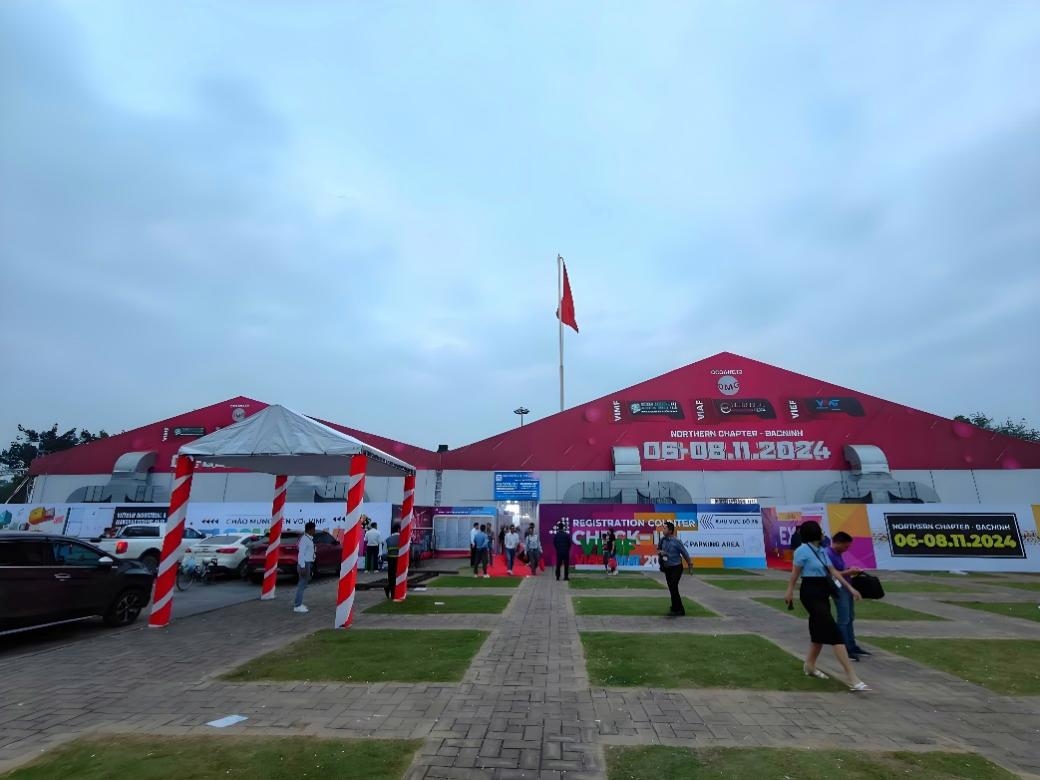In the realm of heating, ventilation, and air conditioning (HVAC), there is often confusion surrounding the terms HVAC and AC. While they are closely related, understanding their differences is crucial for anyone seeking to optimize indoor comfort and energy efficiency. In this article, we will delve into the intricacies of HVAC and AC, exploring their unique characteristics, applications, and benefits.
- Defining HVAC:
HVAC, an acronym for Heating, Ventilation, and Air Conditioning, encompasses a comprehensive system that regulates indoor temperature, humidity, and air quality. It integrates various components, including heating units, cooling units, ventilation systems, and controls, to create a comfortable and healthy indoor environment. HVAC systems are commonly employed in residential, commercial, and industrial settings, providing a versatile solution for year-round comfort. - Understanding AC:
AC, short for Air Conditioning, is a subset of HVAC that specifically focuses on cooling and dehumidifying indoor spaces. AC systems utilize refrigeration principles to extract heat from the air, resulting in a cooler environment. By removing excess moisture, AC systems also enhance comfort levels. AC units are commonly found in homes, offices, retail spaces, and vehicles, offering localized cooling solutions. - Key Differences:
While AC is a component of HVAC, there are notable distinctions between the two:
3.1 Scope:
HVAC encompasses both heating and cooling functions, providing a comprehensive climate control solution. AC, on the other hand, solely focuses on cooling and dehumidification.
3.2 Complexity:
HVAC systems are typically more complex than standalone AC units. HVAC integrates multiple components, such as furnaces, heat pumps, air handlers, and ductwork, to regulate temperature, humidity, and air quality. AC units, in comparison, consist of a compressor, condenser, evaporator, and refrigerant lines.
3.3 Application:
HVAC systems are commonly employed in larger spaces, such as commercial buildings and industrial facilities, where centralized climate control is required. AC units, being more compact and portable, are suitable for smaller areas, including residential homes, offices, and vehicles.
- Benefits of HVAC and AC:
Both HVAC and AC systems offer numerous advantages:
4.1 Comfort:
HVAC and AC systems create a comfortable indoor environment by maintaining optimal temperature and humidity levels. This promotes productivity, relaxation, and overall well-being.
4.2 Energy Efficiency:
Properly designed and maintained HVAC systems can significantly reduce energy consumption, leading to cost savings and environmental benefits. AC units, when used judiciously, offer localized cooling, avoiding unnecessary cooling of unoccupied spaces.
4.3 Air Quality:
HVAC systems incorporate air filtration and ventilation components, ensuring the circulation of clean and fresh air. This helps remove pollutants, allergens, and odors, improving indoor air quality.
4.4 Flexibility:
HVAC systems provide the flexibility to heat or cool spaces as needed, adapting to changing weather conditions and occupant preferences. AC units offer localized cooling, allowing individuals to control their immediate environment.
Conclusion:
In summary, HVAC and AC are integral components of indoor climate control, each with its own distinct characteristics and applications. While HVAC provides a comprehensive solution for heating, cooling, and ventilation, AC focuses solely on cooling and dehumidification. Understanding these differences empowers individuals to make informed decisions when it comes to optimizing indoor comfort, energy efficiency, and air quality. Whether it's a residential home, a commercial building, or an industrial facility, HVAC and AC systems play vital roles in enhancing our daily lives.



